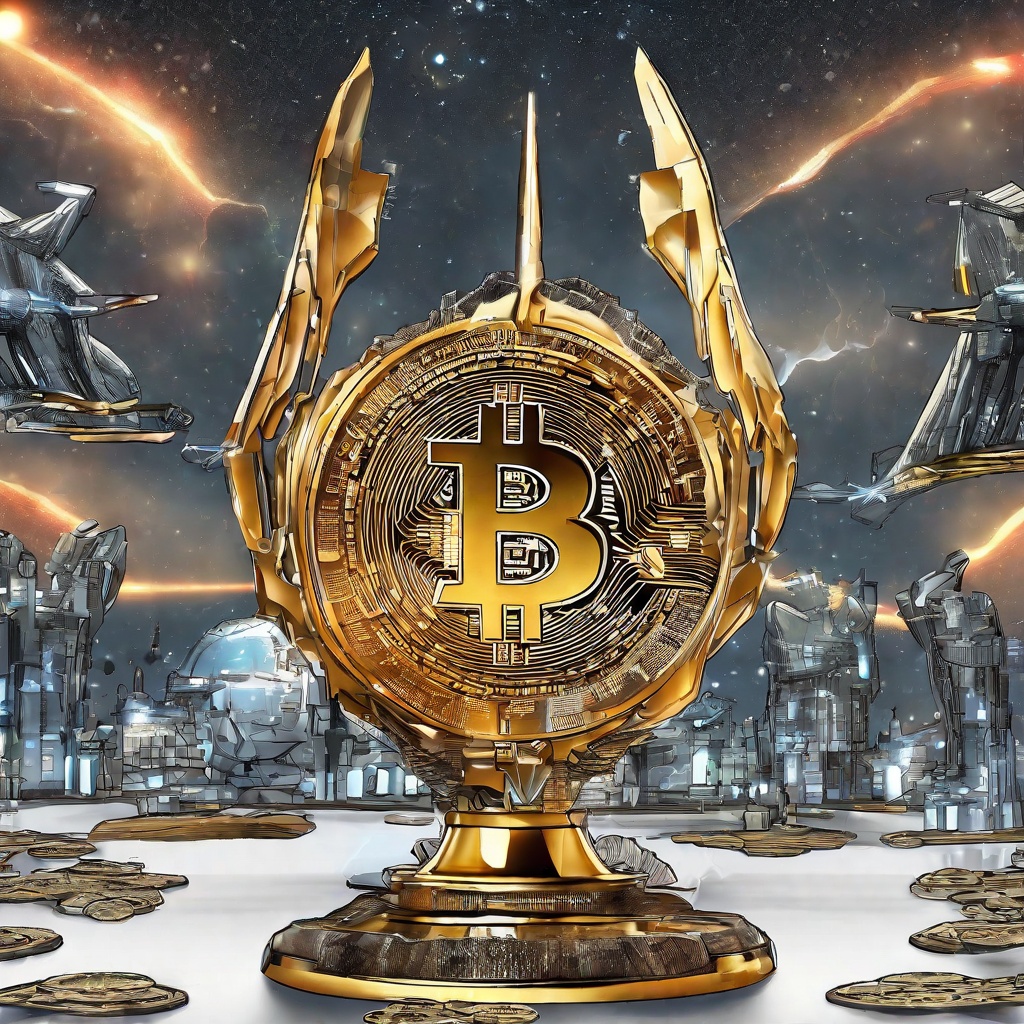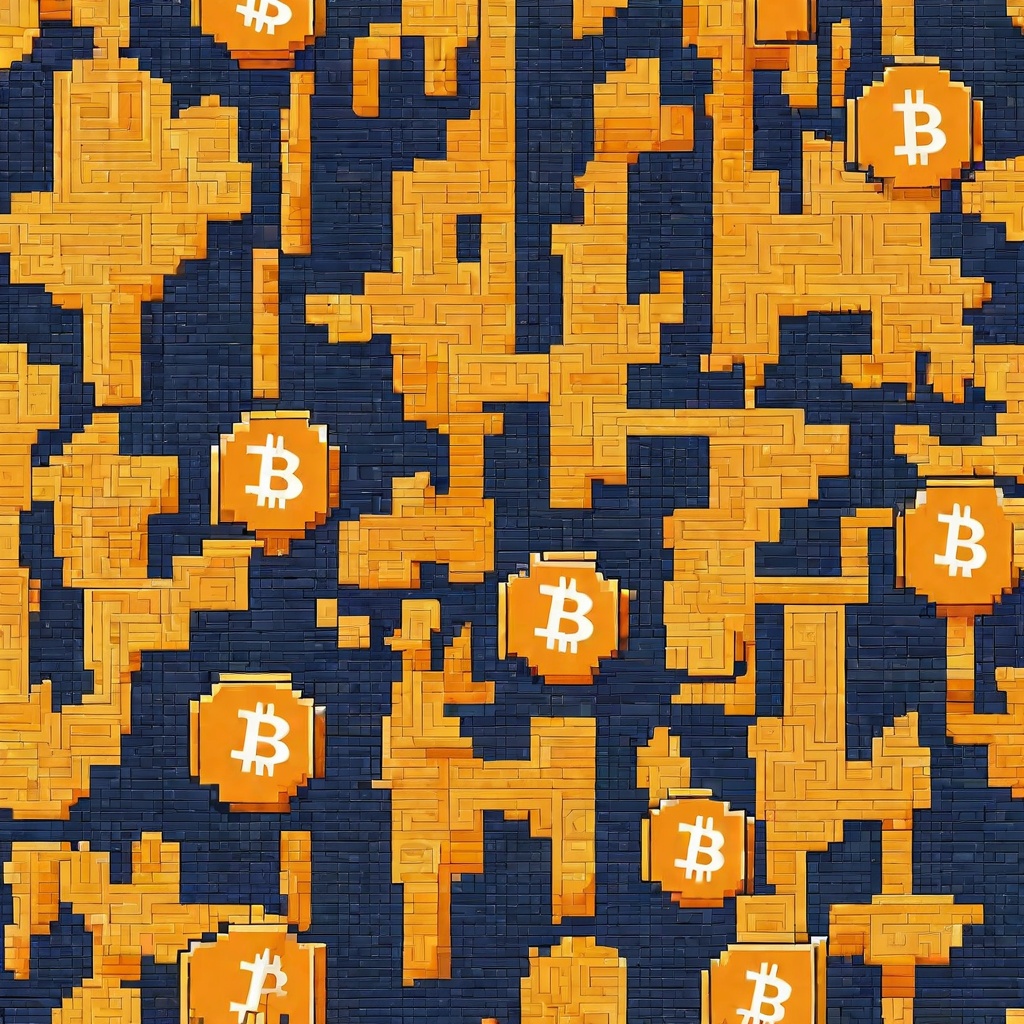What is the Phoenix digital currency?
Could you please elaborate on the Phoenix digital currency? What sets it apart from other cryptocurrencies in the market? How does it function, and what are its potential use cases? Additionally, could you discuss its security measures and the technology behind it? Understanding these aspects will help me gain a clearer picture of Phoenix digital currency and its potential impact on the crypto landscape.

Is cryptocurrency a digital currency or a virtual currency?
Inquiring minds want to know: is cryptocurrency truly a digital currency, or is it merely a virtual currency? The distinction seems subtle but may have significant implications for its legal status, regulatory oversight, and potential uses. On the surface, cryptocurrency appears to be a digital representation of value, stored and transferred electronically. However, does this digital nature alone qualify it as a true digital currency, or does it remain in the realm of virtual currencies, existing primarily within digital environments? The answer to this question could help shape the future of cryptocurrency and its integration into mainstream financial systems.

What is the difference between digital currency and cryptocurrency?
Could you elaborate on the key distinctions between digital currency and cryptocurrency? I'm curious to understand the technical nuances and how they differ in terms of their underlying technology, security, regulation, and use cases. Do digital currencies operate on centralized systems while cryptocurrencies rely on decentralized blockchains? How do these differences impact their functionality, privacy, and overall value proposition? I'm also interested in knowing which of these two types of currencies has greater adoption and market acceptance. Thank you for clarifying the key differences between digital currency and cryptocurrency.

Could a digital currency replace bitcoin?
In today's rapidly evolving digital landscape, one cannot ignore the seismic shifts taking place within the realm of cryptocurrency. Bitcoin, long considered the gold standard of digital currencies, has established itself as a global phenomenon, yet the question remains: could a digital currency rise to replace it? As we delve deeper into the intricacies of blockchain technology, decentralization, and market adoption, it's intriguing to ponder the possibility of a contender emerging that could potentially challenge Bitcoin's dominance. What factors would need to be in play for such a shift to occur? Could scalability, transaction speed, or perhaps a novel use case give rise to a new king of cryptocurrencies? As investors, enthusiasts, and technology aficionados, we are eager to explore this question and its potential implications for the future of digital finance.

Can digital currency exchange companies operate in Hawaii?
Could you elaborate on the legality and regulatory framework surrounding digital currency exchange companies operating in Hawaii? Specifically, I'm interested in knowing if such companies are allowed to operate in the state, what licenses or permits they may require, and any specific regulations they need to adhere to. Understanding the compliance requirements is crucial for businesses looking to enter the Hawaii market, so a detailed overview would be greatly appreciated.

